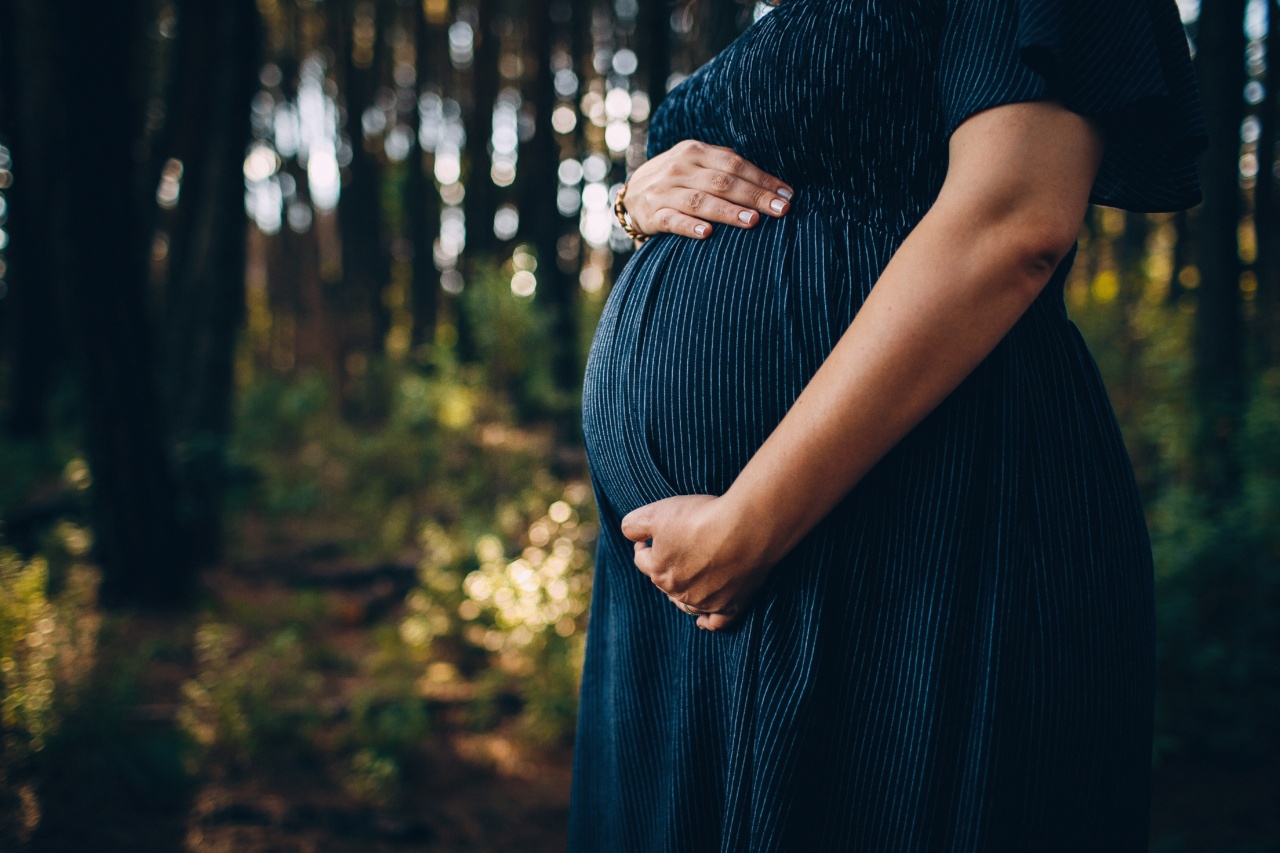Pregnancy is a transformative experience that affects a woman physically, mentally, and emotionally. Throughout the three trimesters, many hormonal and physiological changes occur, leading to a wide range of emotions.
The second trimester, often referred to as the “honeymoon phase,” is a time when women may experience a mix of positive and challenging emotions. In this article, we will explore how pregnancy impacts a woman’s emotions during the second trimester.
The Stabilizing Hormonal Shifts
During the second trimester, the body continues to adjust to fluctuating hormonal levels.
However, unlike the first trimester, when hormones were rapidly changing and causing more extreme emotional swings, the second trimester is usually characterized by more stability.
Increased levels of progesterone and estrogen contribute to a broad range of emotional changes. These hormones play a vital role in supporting the pregnancy and preparing the body for childbirth.
While some women may feel more emotionally balanced during this phase, others might still experience occasional mood swings as hormones continue to fluctuate.
The Glow of Happiness
For many women, the second trimester brings a newfound sense of happiness and contentment.
With the physical symptoms of early pregnancy, such as morning sickness and fatigue often subsiding, women may find themselves feeling more energized, positive, and excited about their growing baby.
The increased energy levels experienced during the second trimester can enhance a woman’s mood and contribute to a boost in overall emotional well-being.
This, coupled with the first noticeable fetal movements known as “quickening,” can lead to a deep sense of connection and joy for many expectant mothers.
Body Image and Self-Esteem
As the baby bump becomes more prominent in the second trimester, body image concerns may begin to arise.
While some women embrace their changing bodies and feel a newfound sense of beauty and self-confidence, others may struggle with feelings of self-consciousness or concerns about weight gain.
Society’s emphasis on unrealistic body standards can further exacerbate these concerns, making some women feel insecure about their changing physical appearance.
It is important to remember that every woman’s pregnancy journey is unique, and embracing these changes as a natural part of carrying a child can help foster a positive self-image.
The Influence of Pregnancy Hormones
The hormonal fluctuations in the second trimester can also impact a woman’s emotional state. While mood swings tend to stabilize during this phase, some women may still experience emotional challenges such as irritability, anxiety, or sadness.
These emotions are often attributed to the high levels of hormones in the body, combined with the physical and psychological adjustments taking place.
The increased levels of oxytocin, often referred to as the “love hormone,” can contribute to heightened emotions and feelings of bonding with the baby.
However, it can also make women more sensitive and prone to emotional responses in certain situations. Understanding and acknowledging these hormonal influences can help women navigate their emotions more effectively.
The Role of Stress and Anxiety
While the second trimester is generally considered a calmer period, it doesn’t mean that stress and anxiety are absent.
Pregnancy-related worries, such as the health and well-being of the unborn baby, upcoming parental responsibilities, or financial concerns, can still cause emotional distress in expectant mothers.
It is essential to recognize and address these concerns, as high levels of stress and anxiety can have negative effects on both the mother and the baby.
Engaging in relaxation techniques, seeking support from loved ones, or seeking professional help if needed can greatly alleviate these emotional burdens.
The Impact of Partner Support
Support from partners plays a crucial role in a woman’s emotional well-being during pregnancy.
Open communication, empathy, and active involvement in the pregnancy journey can strengthen the bond between partners and provide emotional reassurance to the expectant mother.
A partner who understands and acknowledges the emotional challenges in the second trimester can provide the much-needed support and help create a positive atmosphere at home.
Simple gestures like active listening, accompanying the mother to prenatal appointments, or engaging in baby-related activities together can make a significant difference in how a woman experiences and copes with her emotions during this time.
Bonding with the Baby
The second trimester provides an opportunity for expectant mothers to form a deeper bond with their growing baby.
Feeling the baby’s movements and kicks can evoke a wide range of emotions, from awe and wonder to a sense of responsibility and protectiveness.
Engaging in activities that promote pregnancy bonding, such as talking or singing to the baby, playing music, or gently massaging the belly, can foster a sense of connection and emotional well-being.
This bond not only benefits the mother but also sets the stage for a strong parent-child relationship after birth.
Embracing the Journey: Coping Strategies
As emotions continue to ebb and flow during the second trimester, it is important for expectant mothers to practice self-care and adopt coping strategies that support their emotional well-being.
Some effective coping strategies include:.
- Practicing relaxation techniques such as deep breathing, meditation, or prenatal yoga
- Engaging in regular exercise, which releases endorphins and improves mood
- Seeking emotional support from friends, family, or support groups
- Keeping a journal to express and process emotions
- Establishing a routine that includes rest, healthy meals, and engaging in activities that bring joy
- Taking time for self-reflection and setting realistic expectations
By prioritizing emotional well-being and developing healthy coping mechanisms, women can navigate the emotional rollercoaster of the second trimester with more ease and grace.































